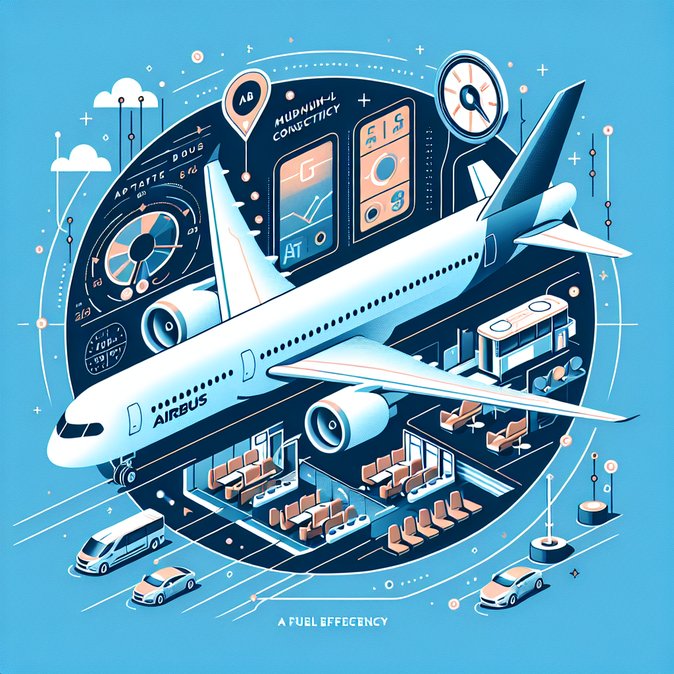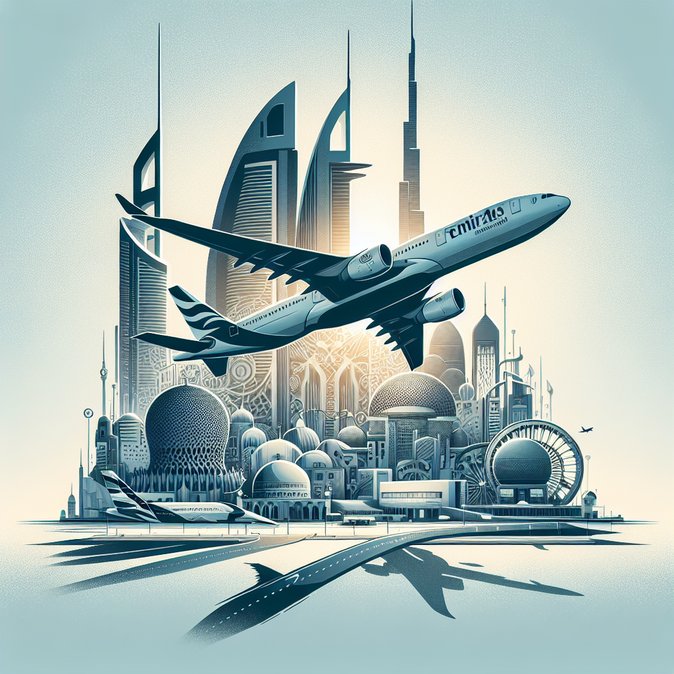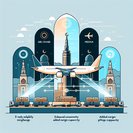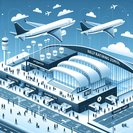
Abu-Dhabi-based Etihad Airways joined the order frenzy on Day 2 of the Dubai Airshow, finalising a purchase for six Airbus A330-900s, seven A350-1000s and three A350F freighters, plus leases for nine additional A330-900s from Avolon. The deal, announced 18 November, lifts Etihad’s A350-1000 backlog to 27 and underscores the carrier’s return to profitability after a record US$476 million surplus in 2024.
CEO Antonoaldo Neves said the twin-aisle mix provides “the right balance of efficiency and flexibility” to expand both passenger and cargo networks, especially on medium-haul routes to South-East Asia and Africa where demand is rebounding fastest. The aircraft promise a 25 per cent fuel-burn reduction versus previous generations and are certified to operate on 100 per cent sustainable aviation fuel by 2030.
![Etihad orders new A330-900 and A350 jets to power medium- and long-haul growth]()
For mobility managers, Etihad’s fleet renewal will translate into additional nonstop options from Abu Dhabi to second-tier cities, easing reliance on transiting hubs. The freighter order also supports supply-chain resilience for corporates moving high-value goods through Khalifa Industrial Zone.
The announcement comes amid intense competition among Gulf carriers following Emirates’ US$38 billion Boeing 777-9 order and Flydubai’s 150-plane Airbus coup. Collectively, the new capacity signals a decade of robust seat growth—and potentially lower fares—for travellers to and from the UAE.
Etihad expects first deliveries from 2027, with cabin retrofits including privacy doors in business class and expanded premium-economy sections designed to woo road-warrior traffic.
CEO Antonoaldo Neves said the twin-aisle mix provides “the right balance of efficiency and flexibility” to expand both passenger and cargo networks, especially on medium-haul routes to South-East Asia and Africa where demand is rebounding fastest. The aircraft promise a 25 per cent fuel-burn reduction versus previous generations and are certified to operate on 100 per cent sustainable aviation fuel by 2030.

For mobility managers, Etihad’s fleet renewal will translate into additional nonstop options from Abu Dhabi to second-tier cities, easing reliance on transiting hubs. The freighter order also supports supply-chain resilience for corporates moving high-value goods through Khalifa Industrial Zone.
The announcement comes amid intense competition among Gulf carriers following Emirates’ US$38 billion Boeing 777-9 order and Flydubai’s 150-plane Airbus coup. Collectively, the new capacity signals a decade of robust seat growth—and potentially lower fares—for travellers to and from the UAE.
Etihad expects first deliveries from 2027, with cabin retrofits including privacy doors in business class and expanded premium-economy sections designed to woo road-warrior traffic.










